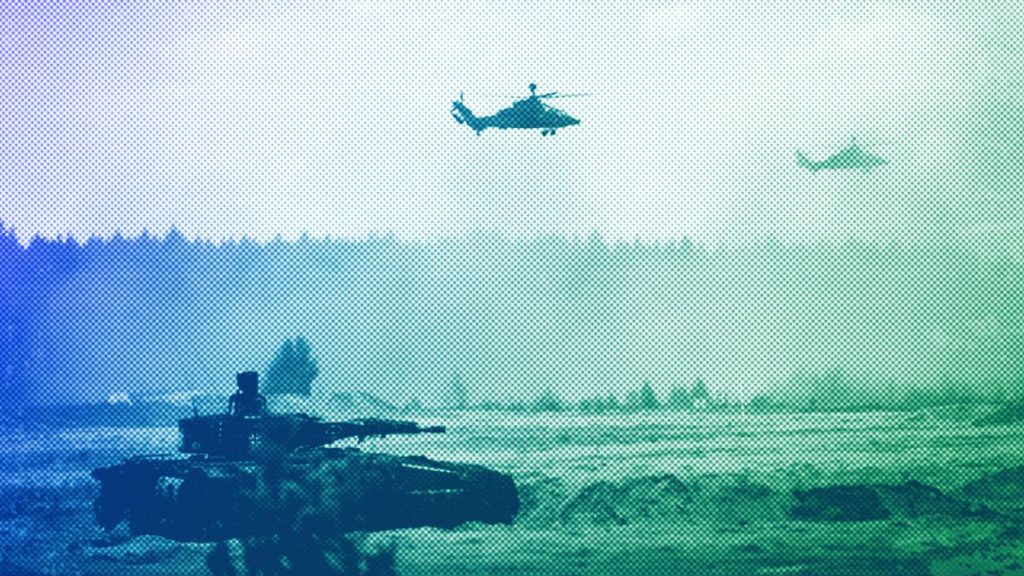The Latin phrase “Si vis pacem, para bellum” translates to “If you want peace, prepare for war.” This phrase emphasizes the importance of being ready for conflict in order to ensure peace. The idea is that by being strong and prepared, one can deter potential aggressors and maintain a peaceful existence. This principle has been applied throughout history by various leaders and nations as a strategic approach to maintaining security and stability.
Many ancient civilizations understood the concept of preparing for war to achieve peace. The Roman Empire, for example, believed in having a strong military presence in order to defend their territory and deter potential invaders. This proactive approach helped the Roman Empire maintain control over a vast territory for centuries. Similarly, other civilizations such as the Greeks and Egyptians also recognized the importance of military strength as a means to ensure peace and security.
In more recent history, the concept of “Si vis pacem, para bellum” has been utilized by various leaders and nations. During the Cold War, the United States and Soviet Union engaged in an arms race in order to deter each other from initiating a conflict. The belief was that by having a strong military presence, both sides could prevent a direct confrontation and maintain a balance of power. This strategic approach eventually led to the end of the Cold War without a direct military conflict between the two superpowers.
In the modern world, the principle of preparing for war to achieve peace continues to be relevant. Nations around the world invest in their military capabilities to defend their territories and deter potential threats. This proactive approach is seen as essential in maintaining stability and security in an increasingly complex and interconnected world. By being prepared for conflict, nations can better protect themselves and prevent aggression from others.
While the idea of preparing for war to achieve peace has been successful in many instances throughout history, it is not without its critics. Some argue that the focus on military strength can perpetuate a cycle of violence and lead to unnecessary conflicts. There is also concern that excessive military spending can divert resources from other important areas such as education and healthcare. Critics of this approach advocate for diplomatic solutions and peaceful resolutions to conflicts as a more sustainable way to achieve lasting peace.
In conclusion, the principle of “Si vis pacem, para bellum” highlights the importance of being prepared for conflict in order to maintain peace and security. This concept has been applied by various civilizations and nations throughout history as a strategic approach to deter aggression and ensure stability. While there are critics of this approach, the reality is that in an uncertain world, being ready for war can often be necessary to prevent it. By investing in strong military capabilities and maintaining a posture of deterrence, nations can better protect themselves and promote a more peaceful existence.


